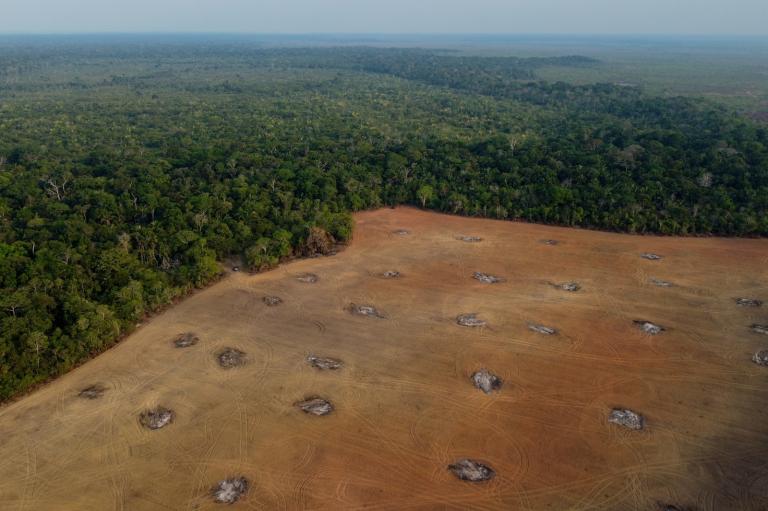Two reports released this week reveal that when it comes to the bottom line of state budgets, the coal industry costs Tennessee and West Virginia more than it provides.
These reports are among the first to examine actual revenues and expenditures related to coal industry employment, taxes and subsidies in Tennessee and West Virginia. Downstream Strategies produced the reports.
For Tennessee (PDF), the report found that the coal industry contributed just over $1 million to the state budget – less than one-tenth of one percent of the state’s total revenue in 2009. That benefit was overwhelmed by the costs imposed by the industry, including state subsidies, regulation, road repair and mine reclamation costs. The bottom line was an approximate net economic loss of $3 million for the people of Tennessee in 2009.
Though coal brings in a bigger percentage of state revenues in West Virginia (PDF), the end result matches that of Tennessee; the $600.7 million in total revenues coal brought to West Virginia was about $97.5 million less than it cost the state to support the industry.
“It should be no surprise – coal is not king in the West Virginia economy, even though our decision makers act as if it is,” said Jim Sconyers, chair of the West Virginia Sierra Club. “It is a total outrage that the long-suffering West Virginia taxpayer is forced to pay millions of dollars so the filthy rich coal companies can destroy our roads, mountains and communities.”
And so we learn that even beyond the human and environmental health damage the coal industry does, the economic damage is there as well. More reports like these are coming, and one has already been done on Kentucky. (PDF)
We know Tennessee and West Virginia, and all the other states where Big Coal is trying to be king, can do better with clean energy. We don’t need to sacrifice our health, our economy and our environment to power our nation.


